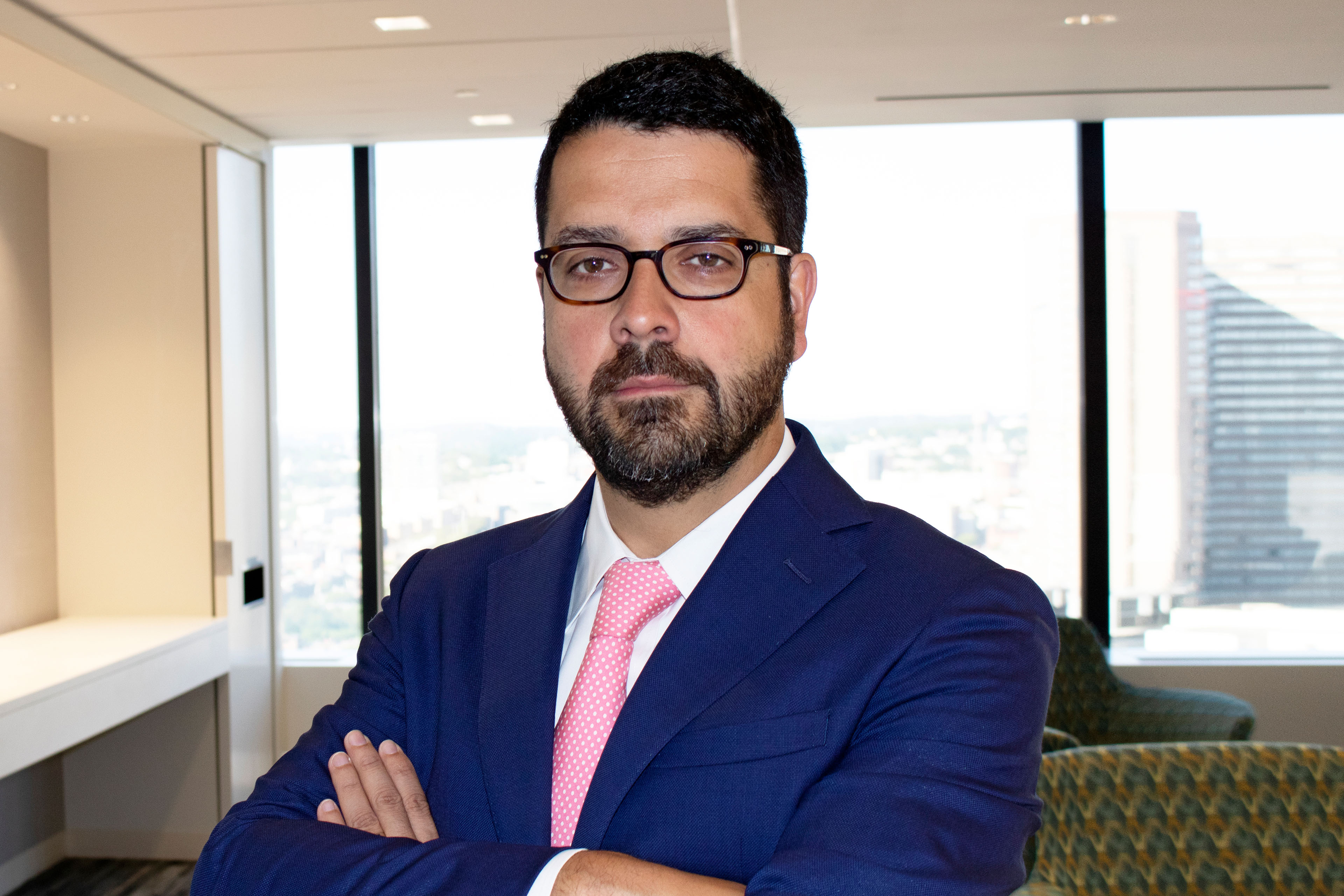EY refers to the global organization, and may refer to one or more, of the member firms of Ernst & Young Global Limited, each of which is a separate legal entity. Ernst & Young Global Limited, a UK company limited by guarantee, does not provide services to clients.
How EY can help
-
Value creation is at the core of every transaction investment thesis. Our business is organized, resourced and led to help private equity firms transform companies and increase their ability to create more value across their portfolio.
Read more
- According to the Pitchbook 2020 Sustainable Investment Survey, 95% of LPs are either already evaluating ESG risk factors or will be increasing their focus on ESG risk factors in the coming year.
- The 2019 EY CEO Imperative Study states that 80% of CEOs believe government, business and the public will reward companies for taking meaningful action over the next 5–10 years.
- Companies that rank well on ESG metrics have outperformed the market by up to 3% per year over the past five years, according to the 2019 Bank of America Merrill Lynch Global Research.
- According to the New York Times, employees at purpose-driven companies are 1.4x more engaged and enjoy 1.7x more job satisfaction. These employees are also 3x more likely to stay at their company.
- According to the UN, an estimated US$3t–US$5t per year is needed to meet the United Nations Sustainable Development Goals (UN SDGs), and PE is likely to play an important role in contributing financial support to achieve this.
While the COVID-19 pandemic has forced a reassessment of operating models and investment priorities, it also provides PE with an opportunity to embed purpose and transparency more deeply throughout its business — at the firm, fund and portfolio levels.
In our latest Keynote Interview in the PEI Annual Report, Andres Saenz, EY Global Private Equity Leader and Simon Abrams, Director, Sustainable Finance, discuss how ESG is becoming a top focus area for PE. Read more here (pdf).




